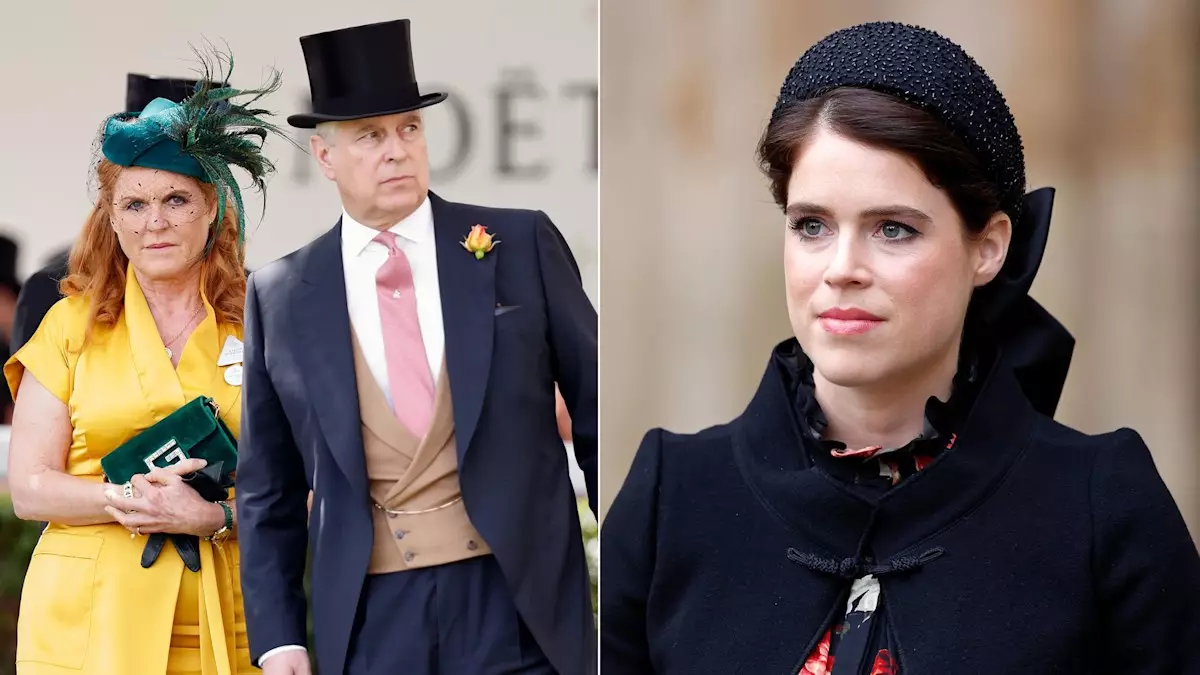Christmas Day at Sandringham is traditionally a hallmark of royal family togetherness and festive spirit. However, this year, the royal gathering featured notable absentees, particularly the Duke of York, Prince Andrew, along with his ex-wife Sarah Ferguson and their daughter Princess Eugenie. Their absence was not only felt but also stirred considerable curiosity and speculation, highlighting ongoing tensions within the royal family.
Prince Andrew’s withdrawal from the royal spotlight began in 2019 following his controversial connections to the convicted sex offender Jeffrey Epstein. Since then, his public appearances have been scarce, with the annual Christmas walk to church serving as a rare exception. This year, however, was markedly different. Just weeks before the royal family was set to gather at King Charles’s Norfolk residence, Prince Andrew announced he would not attend the Christmas festivities. His absence was compounded by burgeoning scrutiny around his past associations, particularly his alleged link to Chinese national Yang Tengbo, who has been described as a now-banned spy.
The implications of these associations are substantial, with revelations from a High Court hearing exposing letters allegedly exchanged between Andrew and Tengbo only three years ago. Such disclosures raise questions about the extent of the Duke’s connections and the potential ramifications they could have for the royal family as a whole.
The decision not to attend the royal Christmas gathering has spurred speculation about a possible ‘York boycott.’ Royal expert Matt Wilkinson suggested that there could be deeper familial rifts at play, questioning if Prince Andrew, Sarah Ferguson, and their daughter’s absence might symbolize a wider disconnect from the royal family. This raises the prospect of a deteriorating relationship between the York family and the rest of the royals, calling into question the unity often portrayed during public appearances.
Additionally, there are narratives suggesting Sarah Ferguson may have played a significant role in this decision, potentially advising Andrew that abstaining from the gathering would spare the family from further embarrassment. Despite Sarah’s complicated history with the royals, her influence appears to extend beneath the surface, as she maintains close ties with the family, particularly with Queen Camilla.
It is worth noting that Princess Eugenie’s decision to spend Christmas with her in-laws marks a significant shift in her familial obligations, emphasizing her growing independence. She shares a close bond with her family but chose to prioritize her husband’s family this year. This decision reflects a trend among younger royals as they forge new traditions and balance their responsibilities across family lines.
Interestingly, while Eugenie committed to her in-laws, her sister Princess Beatrice initially planned to join her husband’s family abroad. However, due to medical advice against long-distance travel as she anticipates the arrival of her second child, Beatrice opted to attend the festivities at Sandringham. This decision perhaps suggests a reevaluation of royal priorities, highlighting the demands familial ties can impose, even amid public scrutiny and personal challenges.
As the British monarchy navigates its evolving public perception, the implications of family rifts and strategic decisions cannot be overlooked. This Christmas season, marked by Prince Andrew’s absence and the absence of his closest family members, raises larger questions about the stability and unity of the royal family moving forward.
Royal traditions, often perceived as steadfast and unchanging, are undergoing a transformation influenced by personal decisions and shifting allegiances. The dynamic between the royal family and public perception will remain in the spotlight as they respond to internal challenges while aiming to project a united front. The unfolding of these events may set a precedent for future royal traditions and interactions, prompting a reevaluation of what it means to be part of the monarchy in contemporary society.


Leave a Reply